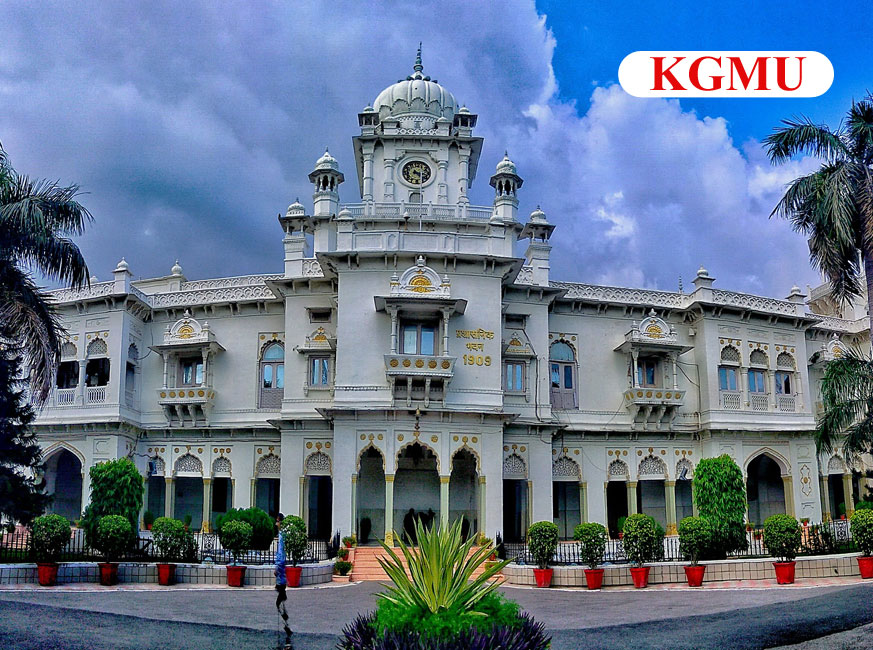Our Lucknow
About Lucknow
History
Lucknow, the capital city of the Indian state of Uttar Pradesh, has a rich and vibrant history that spans several centuries. Known as the "City of Nawabs," Lucknow is famous for its elegant architecture, exquisite cuisine, refined culture, and its contribution to the arts and literature. Let's explore the fascinating history of Lucknow and its unique specialities.
Ancient and Medieval History:
Lucknow's history can be traced back to ancient times. Avadh is claimed to be among the most ancient of Hindu states. According to popular legend, Prabhu Ramchandra of Ayodhya, gifted the territory of Lucknow to his devoted brother Lakshman after he had conquered Sri Lanka and completed his term of exile in the jungle. Therefore, people say that the original name of Lucknow was Lakshmanpur, popularly known as Lakhanpur or Lachmanpur.
The city has witnessed various dynasties, including the Mauryas, Kushans, Guptas, and the Delhi Sultanate. However, it was during the medieval period that Lucknow gained prominence as a cultural and artistic center. The city became a part of the Delhi Sultanate, the Mughal Empire, and later the Awadh region.
The Era of the Nawabs:
The new era of Lucknow began in the 18th century when it became the capital of the Nawabs of Awadh. The Nawabs, who were Persian-descended Shia Muslims, brought a unique blend of Persian and Indian cultures to Lucknow. They patronized arts, literature, and architecture, transforming the city into a center of refined taste and elegance.
The Residency and the 1857 Uprising:
Lucknow played a significant role in the Indian Rebellion of 1857 against British colonial rule. The Residency, a complex of buildings used as the residence of the British Resident General, became a focal point of the uprising. The Siege of Lucknow lasted for over four months, and the Residency became a symbol of Indian resistance. Today, the Residency serves as a museum and memorial to the events of 1857.
Modern Development:
After India gained independence in 1947, Lucknow underwent significant modernization and became an important center for governance, education, and commerce. The city has experienced rapid urbanization and growth in various sectors, including information technology, manufacturing, and services.
Architectural Marvels:
Under the Nawabs, Lucknow witnessed the construction of magnificent palaces. It is home to extraordinary monuments depicting a fascinating blend of ancient, colonial and oriental architecture like imambaras, mosques, and gardens. One of the most iconic structures is the Bara Imambara, also known as the Asafi Imambara, built in 1784. It is an architectural marvel with a large central hall known as the Bhulbhulaiya, a labyrinth of passageways. The Rumi Darwaza, a colossal gateway, and the Chattar Manzil, a palace with umbrella-shaped domes, are other notable landmarks.
- Famous Monuments are
- Bhul Bhulayyan (Bada Imam Bara)
- Ghanta Ghar
- Shahi Bowli
- Residency
- Rumi Gate
- Picture Gallery
The Cuisine of Lucknow:
Lucknow is renowned for its delectable Awadhi cuisine, which is a legacy of the Nawabs. The cuisine is characterized by its rich and aromatic flavors, elaborate cooking techniques, and the use of ingredients like saffron, cardamom, and ghee (clarified butter). Iconic dishes such as biryani, kebabs (especially the famous Tunday Kebabs), Lucknowi nihari, sheermal (a sweet bread), and various types of kormas and curries originated in Lucknow.
Music, Dance, and Literature:
The city of Lucknow has been a hub of classical music, dance, and poetry. The renowned Lucknow Gharana, a distinctive style of North Indian classical music, flourished here. Kathak, a classical dance form, also found patronage in Lucknow. The city has produced many eminent poets and writers who contributed to the Urdu and Persian literary traditions.
Tehzeeb (Etiquette) and Adab (Elegance):
Lucknow is often referred to as the epitome of "tehzeeb" and "adab," which signifies etiquette and elegance. The people of Lucknow are known for their courteousness, refinement, and deep appreciation for the arts. The Lucknowi culture is characterized by its graciousness, hospitality, and love for language and poetry.
Lucknow's history and specialities continue to thrive, blending its rich heritage with modern aspirations. The city remains a captivating destination for tourists and enthusiasts of culture, architecture, cuisine, and the arts.














